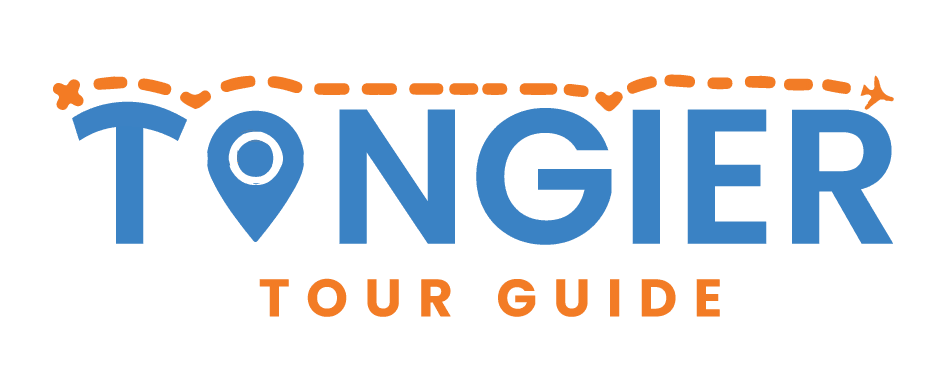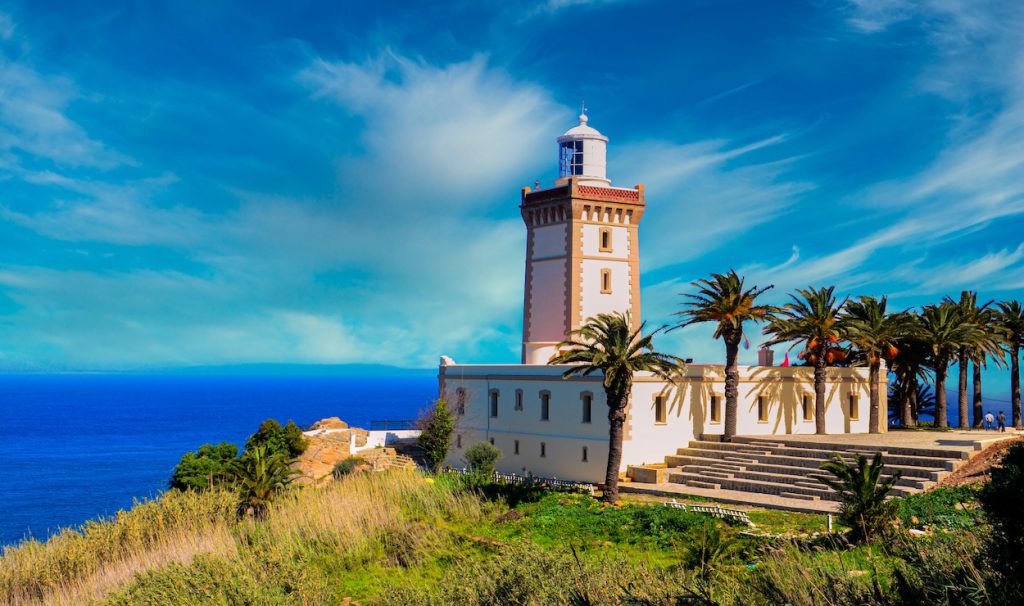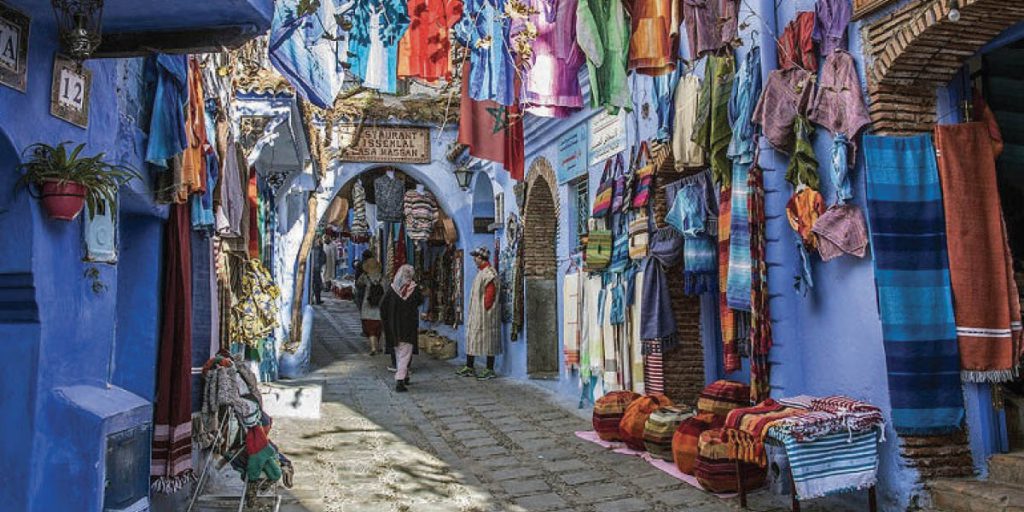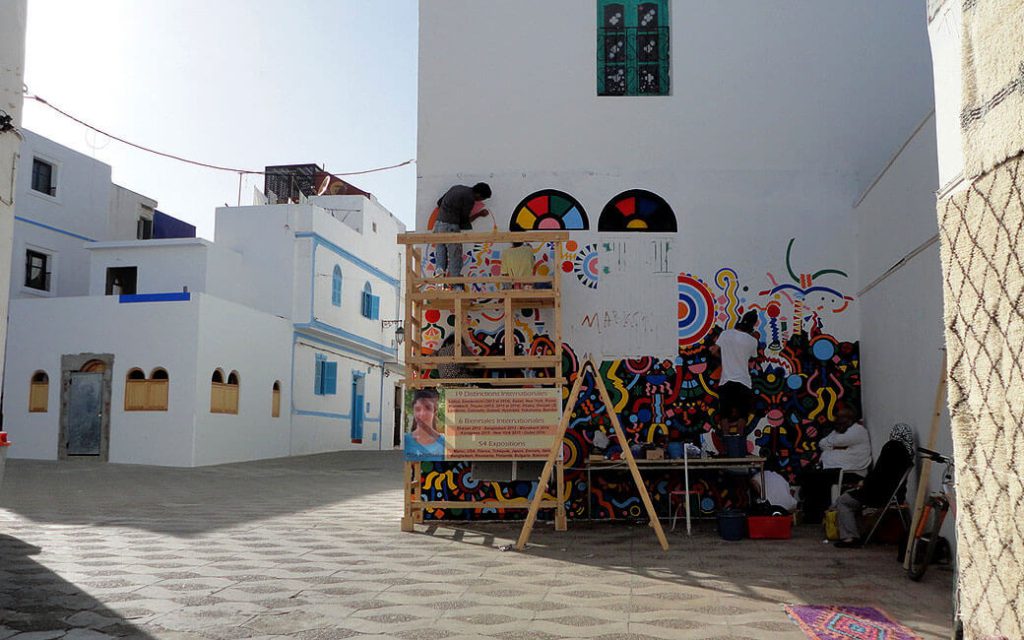Tetouan, affectionately known as “The White Dove,” is a city that breathes history, Andalusian elegance, and Moroccan tradition. Nestled between the Mediterranean Sea and the Rif Mountains, less than an hour from Tangier, Tetouan captivates visitors with its rich cultural heritage, serene atmosphere, and diverse influences.
Unlike Morocco’s major tourist hubs, Tetouan remains an authentic destination, where every alleyway, every carved wooden door, and every square tells a story. For travelers seeking culture, history, and genuine experiences, Tetouan is a must-visit city. Let’s dive deep into its unique world.
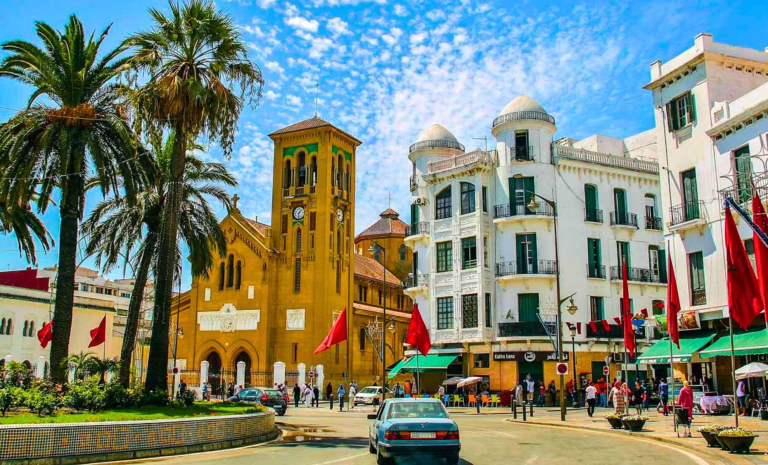
An Exceptional Historical Heritage
Tetouan’s history is a journey through civilizations. Its roots go back to the ancient city of Tamuda, founded long before Roman times. In the 15th century, after the fall of Granada, thousands of Andalusian Muslim and Jewish refugees crossed the Mediterranean to settle in northern Morocco. They rebuilt Tetouan, bringing their artistic, architectural, and intellectual traditions with them.
This Andalusian influence profoundly shaped the city’s identity: narrow winding streets, whitewashed facades, shaded patios, Andalusian gardens, elegant calligraphy—all evoking medieval Spain in a Moroccan setting.
In the early 20th century, during the Spanish Protectorate, Tetouan became the administrative capital of Spanish Morocco. This period left a lasting mark on the city’s modern urban planning, public buildings, churches, and wide avenues, contrasting beautifully with the medina’s maze-like structure.
This harmonious coexistence between Arab-Andalusian heritage and Spanish influence is a defining characteristic of Tetouan’s charm today.
The Medina: An Andalusian Gem Listed by UNESCO
At the heart of the city lies its medina, which was inscribed as a UNESCO World Heritage Site in 1997. Unlike other Moroccan medinas often crowded with tourists, Tetouan’s medina preserves a peaceful, intimate atmosphere. Wandering through it feels like stepping back in time: whitewashed alleyways lined with carved wooden doors, ancient arches, small flowering courtyards, and artisan workshops that have been operating for centuries.
This is where you can truly feel the Andalusian soul of the city. Houses are organized around graceful patios, often decorated with colorful zellige tiles and murmuring fountains. Mudéjar influences are visible in every architectural detail, combining modest exterior facades with refined, ornate interiors.
Cultural Landmarks and Museums
Tetouan is also a city of knowledge and culture. To truly understand its identity, a few key visits are essential:
The Ethnographic Museum (Bab El Oqla): Located inside an old fortified gate of the medina, this museum displays traditional costumes, everyday objects, farming and craft tools, and reconstructed domestic interiors. It’s a fascinating journey through local life across the centuries.
The Archaeological Museum: Home to an impressive collection of Roman and prehistoric artifacts discovered in the region, particularly on the ancient site of Tamuda. It places Tetouan within a much older historical context.
The Center of Modern Art: Once a historical building, it has been transformed into a contemporary art center. It beautifully illustrates how the city blends heritage with modern creativity, hosting exhibitions by Moroccan and international artists.
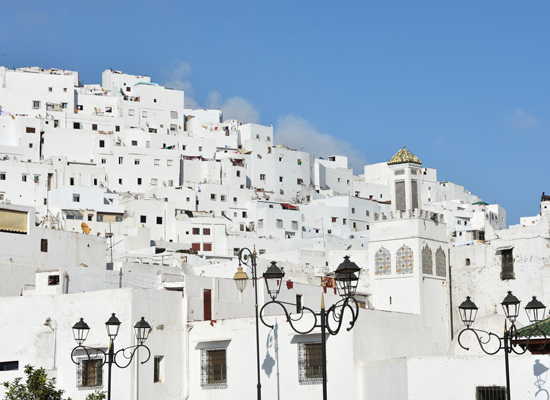
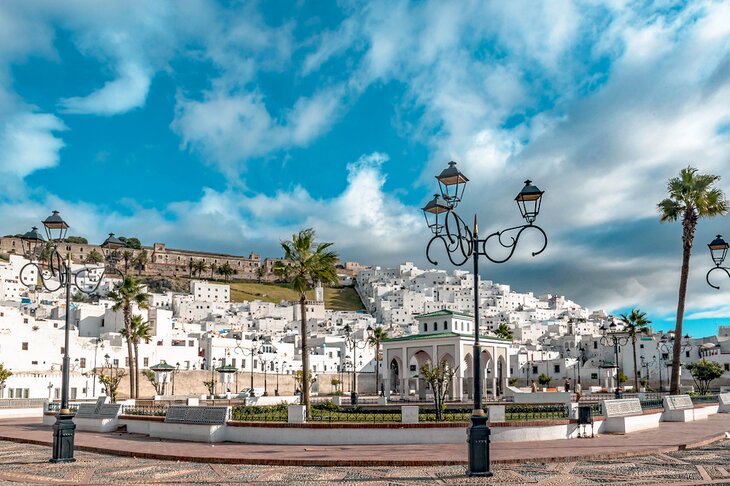
Artisan Crafts: A Creative City
Tetouan is officially a member of the UNESCO Creative Cities Network in the “Crafts and Folk Art” category — a well-deserved recognition. For centuries, the city has been renowned for the quality and variety of its traditional craftsmanship.
Strolling through the medina reveals workshops of zellige tile makers, wood carvers, fine embroiderers, leather workers, and traditional weavers. These artisans keep ancient techniques alive, often passed down through generations. Here, craftsmanship is not a tourist attraction but a living expression of cultural identity.
Women’s cooperatives also play a significant role, especially in embroidery and textile work. Their meticulous craftsmanship is a source of pride and helps preserve and transmit these traditions.
Daily Life and Local Traditions
Tetouan’s culture is not only found in its monuments and museums—it thrives in everyday life, rituals, and encounters. Locals are known for their warm but discreet hospitality. Traditional cafés are gathering places where people chat over a glass of mint tea. The bustling souks overflow with colors and scents: spices, olives, fresh fish, embroidered fabrics, handcrafted objects…
Andalusian music holds a special place. It accompanies ceremonies, festivals, and important social events. It represents the musical memory of Al-Andalus, passed down orally through generations.
Religious and family celebrations are marked with elegance and respect for Moroccan traditions, infused with Spanish influences that give local customs a distinctive northern character.
An Exceptional Natural Setting
One of Tetouan’s unique assets is its geographical location. Just a few kilometers away lie the beautiful beaches of Martil and other Mediterranean coves, ideal for relaxation. Inland, the Rif Mountains stretch across the horizon, offering superb hiking trails and breathtaking panoramic views.
This proximity between urban culture, mountain landscapes, and coastal scenery makes Tetouan a perfect destination for excursions that blend heritage, nature, and leisure.
Why Discover Tetouan with Tangier Tour Guide
Choosing a guided tour with Tangier Tour Guide ensures an authentic, well-structured, and personalized experience. Our passionate local guides will lead you beyond the obvious landmarks and into the cultural heart of the city.
You will have the chance to:
Explore the medina in depth without getting lost, while discovering fascinating stories known only to locals.
Visit working artisan workshops, meet master craftsmen, and learn about their techniques.
Enjoy traditional cuisine infused with Mediterranean, Andalusian, and Moroccan flavors.
Benefit from smooth logistics, multilingual explanations (English, French, Spanish, Arabic), and a pace tailored to your interests.
